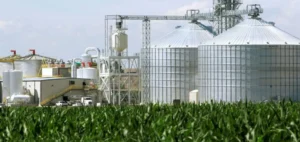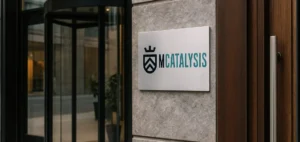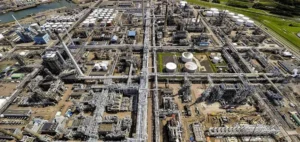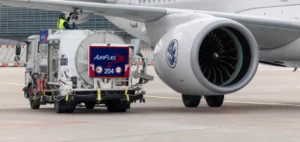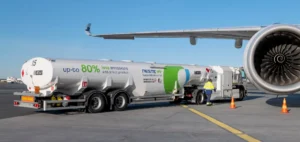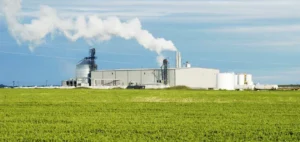E-fuels are being deployed in Europe. HIF Global, Lother Gruppe and eFuel GmbH join forces to make e-fuels more accessible in Europe. This agreement was formalized by the signing of a letter of intent with common objectives.
An agreement for e-fuels
HIF Global is the world leader in renewable fuels. The German company is divided into several subsidiaries around the world. The signing took place in Chile, during a visit to its Haru Oni factory in Santiago.
Lother Gruppe is a German company of national size with four main locations, the largest of which is in Hamburg.
Finally, e-fuel GmbH is a German company founded by an association of companies. It specializes in energy technologies, negotiations and service station operations.
The three companies thus form a German alliance for the promotion of e-fuels. HIF Global CEO Cesar Norton states:
“An alliance with Lother Gruppe and eFuel GmbH is a step forward in achieving our shared goal of accelerating decarbonization through the production of carbon neutral e-fuels. We will work together to make this initial agreement a reality so that our e-fuels can be delivered in Germany and beyond.”
E-fuels for European energy sovereignty
E-fuels are an ecological alternative to conventional fuels. E-fuels are produced from renewable electricity. In addition, they require renewable hydrogen and recycled carbon dioxide, limiting the environmental impact of their design. They remain inexpensive and the existing infrastructure is sufficient.
The main advantage lies in the similarity in terms of use and chemical properties with fossil fuels. E-fuels can be used as fuel for mobility and industry. Remember that heavy mobility accounts for a quarter of total carbon emissions.
The letter of intent calls for accelerating the supply of these new fuels to Europe. In fact, it should be noted that the EU has suffered the setbacks of the Russian restriction policy. As a result of the war in Ukraine, European countries have seen their gas and oil supplies fall, become more expensive and above all less secure.
The recent decision of the giant GazProm to stop exporting to the continent is an increasing threat to Europe’s energy sovereignty. Thus, one thinks of the solutions implemented such as REpowerEU which has accelerated the transition to renewable energy.







